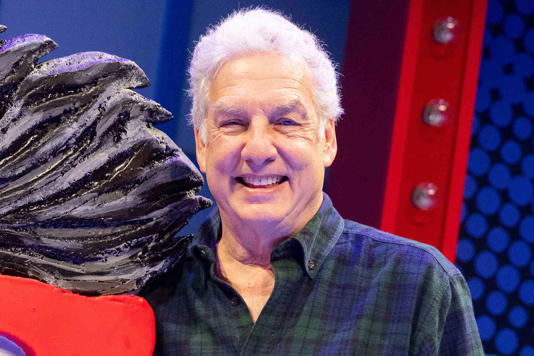The recent revelation by Marc Summers regarding his experience filming the docuseries “Quiet on Set: The Dark Side of Kids TV” has sparked discussions about transparency and ethics in documentary filmmaking. Summers’ claims of being blindsided by producers, who allegedly misrepresented the nature of the documentary, raise important questions about the responsibility of filmmakers to their subjects and the integrity of the storytelling process. This article explores the implications of Summers’ ordeal and examines the ethical considerations that arise when documenting sensitive subjects.
The Bait-and-Switch: Summers’ assertion that he was subjected to a “bait-and-switch” tactic by the producers highlights a common ethical dilemma in documentary filmmaking. The practice of withholding information from subjects or misrepresenting the scope and purpose of a project undermines trust and can lead to unintended consequences. In the case of “Quiet on Set,” the revelation of sensitive allegations against industry figures caught Summers off guard and compromised his participation in the documentary. This raises questions about the duty of filmmakers to fully disclose their intentions and the potential impact of such deception on the subjects involved.
The Importance of Informed Consent: Central to ethical documentary filmmaking is the principle of informed consent, which requires filmmakers to fully inform their subjects about the nature of the project and obtain their explicit permission to participate. By failing to adequately communicate the subject matter of the documentary to Summers, the producers of “Quiet on Set” violated this fundamental principle, undermining the integrity of the filmmaking process. Summers’ experience serves as a reminder of the importance of transparency and respect for the autonomy of subjects in documentary storytelling.
Navigating Sensitive Subjects: Documentaries that delve into sensitive or controversial topics require careful navigation and ethical consideration. While it is essential to shed light on important issues and hold individuals and institutions accountable, filmmakers must approach such subjects with sensitivity and integrity. The revelation of allegations of sexual assault within the children’s television industry is undeniably significant, but the manner in which it is presented must prioritize the well-being and consent of those involved. Summers’ experience underscores the need for filmmakers to strike a balance between investigative journalism and ethical filmmaking practices.
Accountability and Responsibility: The fallout from Summers’ experience underscores the need for greater accountability and responsibility within the documentary filmmaking community. Filmmakers have a duty to uphold ethical standards and act with integrity in their interactions with subjects and participants. When ethical breaches occur, it is essential for filmmakers to take responsibility for their actions and address any harm caused to their subjects. Summers’ decision to speak out about his experience shines a light on the importance of transparency and accountability in documentary filmmaking and serves as a call to action for greater adherence to ethical guidelines.
Marc Summers’ revelations about his experience filming “Quiet on Set” raise important questions about transparency, informed consent, and accountability in documentary filmmaking. His ordeal serves as a cautionary tale for filmmakers and underscores the ethical considerations that must be prioritized when documenting sensitive subjects. Moving forward, it is essential for filmmakers to uphold the principles of transparency, respect, and integrity in their interactions with subjects and participants. Only through ethical filmmaking practices can the trust and credibility of the documentary genre be preserved, ensuring that the stories told are both impactful and ethically sound.
